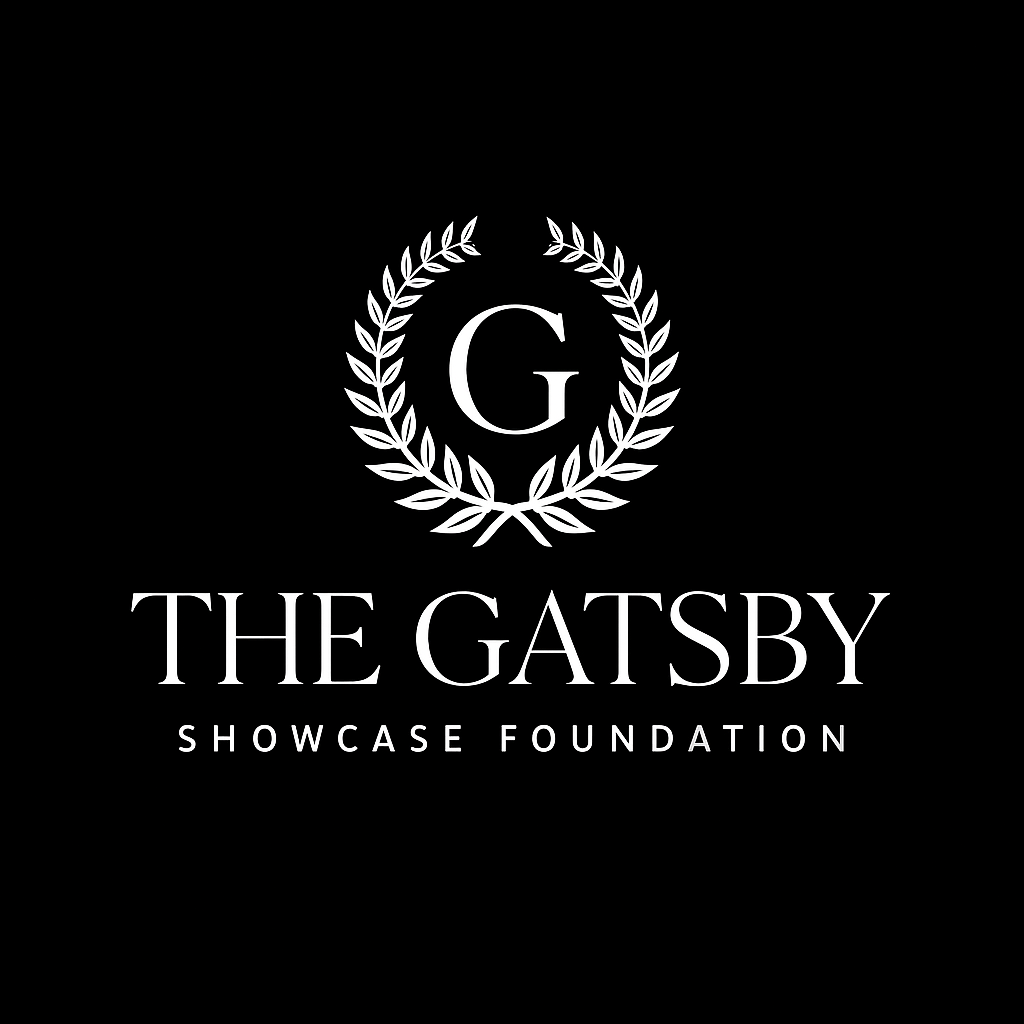Man Up or Open Up? Redefining Mental Strength for Young Men of Color
Part of the Mentorship & Empowerment Series – The Gatsby Showcase Foundation
“They told us to be strong. They never told us what to do with the pain.”
Across barbershops, locker rooms, and late-night conversations, many young men of color learn the same unwritten rule: survival means silence.
Don’t talk about your fear.
Don’t cry when it hurts.
Don’t ask for help.
Don’t break.
And whatever you do don’t look weak.
But what if silence doesn’t make you stronger it makes you sicker?
What if refusing to open up isn’t resilience it’s a slow erosion of everything inside you?
As we honor Men’s Health Awareness Month this November, The Gatsby Showcase Foundation is calling for a cultural reset.
It’s time to stop telling our boys to man up.
It’s time to teach them to open up.
The Crisis We’re Not Talking About
Mental health challenges among young men of color remain an issue hiding in plain sight.
We see the symptoms every day:
-
The dropout rates.
-
The anxiety masked as anger.
-
The leaders who burn out before they break through.
-
The young entrepreneurs who quietly crumble behind curated Instagram wins.
We celebrate success—but rarely ask what it costs mentally, emotionally, or spiritually.
By the Numbers
-
Suicide rates among Black boys aged 10–19 rose 60% between 2001 and 2020.
-
Black male college students are least likely to access campus counseling services.
-
Only 26% of Latino young men with major depression receive treatment.
-
Young Black men are more likely to be criminalized than counseled when showing distress.
We praise toughness but it’s literally killing us.
The Weight of Expectation: Success ≠ Wellness
Mentorship often focuses on achievement and ambition but neglects the emotional foundation needed to sustain them.
The pressure to “make it” in a world not designed for you is real:
-
You’re told to be the first, the only, the hope of your family.
-
You’re fighting systemic racism, economic exclusion, and generational trauma.
-
You feel that failure isn’t just personal it’s cultural.
And in trying to be everything for everyone, too many young men forget how to be whole for themselves.
This isn’t just emotional it’s structural. Mental wellness impacts:
-
Leadership longevity
-
Decision-making clarity
-
Physical health outcomes
-
Family stability
-
Community safety
Mental health is economic empowerment.
Mental wellness is legacy protection.
Silence isn’t strength it’s surrender.
Redefining Strength: Emotional Intelligence Is Power
What does real strength look like in 2024?
It looks like the CEO who goes to therapy and investor meetings.
The artist who can name his triggers before they spiral.
The mentor who shares not just wins but wounds.
The student who rests without guilt.
The activist who logs off when their mental bandwidth is gone.
True strength means knowing yourself deeply and acting from that awareness.
You don’t owe anyone your breakdown to prove your dedication.
Mentorship That Heals, Not Just Hustles
At Gatsby, our mentorship model focuses on whole-person development. Not just grades. Not just business plans. Not just pitch decks.
Because what good is a 4.0 GPA if you’re battling insomnia and burnout?
What’s the point of funding if anxiety keeps you from showing up?
Our young men deserve safe spaces, not just strategic advice.
Gatsby-Style Mentorship Includes
-
Emotional check-ins as a standard, not an afterthought
-
Mentors who look like you and lead with balance
-
Access to therapy resources, not just networking events
-
Modeling boundaries not busyness
-
Real conversations about trauma, imposter syndrome, and isolation
It’s time to move from rescue mentorship to restorative mentorship.
From teaching toughness to teaching emotional literacy.
Real Voices: What They Wish They Could Say
“I was told I was a leader. But I was depressed. And because I never said it out loud, I almost didn’t make it to graduation.”
—J., 22, first-generation college student
“I run a small business. People see my brand. But what they don’t see are the panic attacks I get every time I launch a new product.”
—Marc, 25, DMV-based entrepreneur
“My father taught me how to work. Gatsby taught me how to breathe.”
—Derek, 19, Gatsby mentee
Resources for Young Men of Color
DMV-Based
-
Black Mental Wellness (DC) – Culturally competent workshops and referrals
https://www.blackmentalwellness.com -
Prince George’s County Behavioral Health – Youth mental health and substance-use support
https://www.princegeorgescountymd.gov -
Hillcrest Children and Family Center (DC) – Therapy, group sessions, and family programs
https://hillcrest-dc.org
National Organizations
-
Therapy for Black Men
https://www.therapyforblackmen.org -
Brother, You’re Not Alone
https://www.byna.life -
The Steve Fund
https://www.stevefund.org -
Ayana Therapy – App-based therapy with culturally matched providers
https://www.ayanatherapy.com -
The Boris Lawrence Henson Foundation – Founded by Taraji P. Henson
https://borislhensonfoundation.org
Final Word: A Culture of Care Is a Culture of Power
This November, The Gatsby Showcase Foundation stands with every boy, teen, and young man who’s ever been told, “You’re too emotional.”
We say: You are human and that humanity is your superpower.
We’re not just building students, scholars, or CEOs.
We’re building whole men men who can build billion-dollar brands and take mental health days.
Men who lead with clarity, balance, and compassion.
Men who heal, so they never have to hurt others.
Because a man who knows himself cannot be broken by systems that once tried to erase him.
Dr. Bertrand Fote, MD, MBA, FACEP, CF2
President, The Gatsby Showcase Foundation

